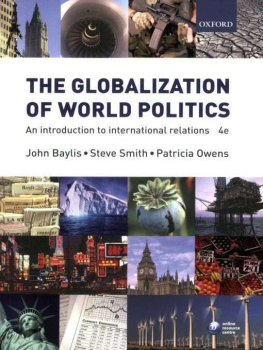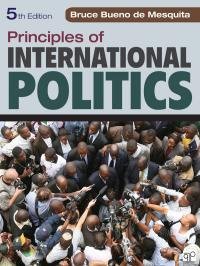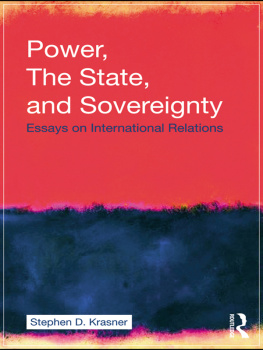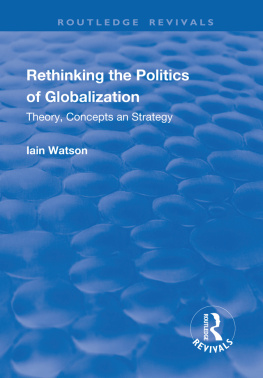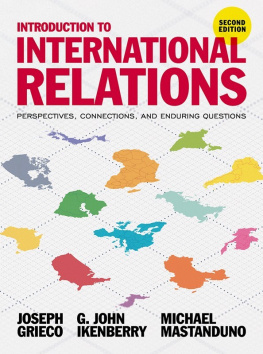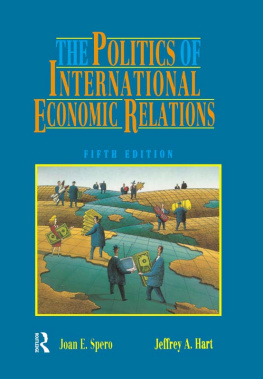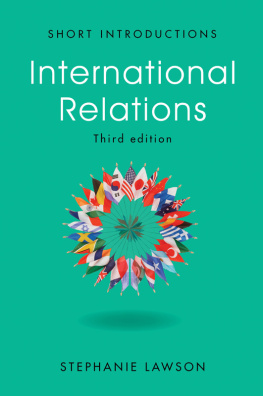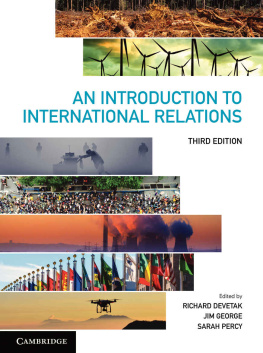Table of Contents
Great Clarendon Street, Oxford ox2 6DP
Oxford University Press is a department of the University of Oxford.
It furthers the Universitys objective of excellence in research, scholarship,
and education by publishing worldwide in
Oxford New York
Auckland Cape Town Dar es Salaam Hong Kong Karachi
Kuala Lumpur Madrid Melbourne Mexico City Nairobi
New Delhi Shanghai Taipei Toronto
With offices in
Argentina Austria Brazil Chile Czech Republic France Greece
Guatemala Hungary Italy Japan Poland Portugal Singapore
South Korea Switzerland Thailand Turkey Ukraine Vietnam
Oxford is a registered trade mark of Oxford University Press
in the UK and in certain other countries
Published in the United States
by Oxford University Press Inc., New York
Oxford University Press 2008
The moral rights of the authors have been asserted
Database right Oxford University Press (maker)
First published 1997
Second edition 2001
Third edition 2005
Fourth edition 2008
All rights reserved. No part of this publication may be reproduced, stored in a retrieval system, or transmitted, in any form or by any means, without the prior permission in writing of Oxford University Press, or as expressly permitted by law, or under terms agreed with the appropriate reprographics rights organization. Enquiries concerning reproduction outside the scope of the above should be sent to the Rights Department, Oxford University Press, at the address above
You must not circulate this book in any other binding or cover
and you must impose the same condition on any acquirer
British Library Cataloguing in Publication Data
Data available
Library of Congress Cataloging in Publication Data
The globalization of world politics : an introduction to international
relations / John Baylis, Steve Smith, Patricia Owens.4th ed.
p. cm.
ISBN 978-0-19-929777-1
1. International relationsTextbooks. 2. World politics1989Textbooks.
I. Baylis, John, 1946- II. Smith, Steve,1952
III. Owens, Patricia, 1975- JZ1242.G58 2007
327dc22 2007040813
Typeset by Laserwords Private Limited, Chennai, India
Printed in Spain
on acid-free paper by
Graficas Estella
ISBN 978-0-19-929777-1
13579 9 10 8 6 4 2
Dedicated with love to Marion, Jeannie, and Jane
Preface
We have tried in this new edition of The Globalization of World Politics to follow much the same format as the previous three editions which have proved so successful. However, a number of improvements have been made. Oxford University Press commissioned over twenty reviews of the third edition, and we gained enormously from their comments. They told us what worked and what didnt. We have also been contacted by many of the teachers of International Relations around the world who use the book on a regular basis. Together, all of these comments have helped us identify a number of additional areas that should be covered. To make sure we didnt make the book even longer than it already was, we cut out some chapters that had appeared in the third edition, and also combined some of the history chapters. In their place we added new chapters on the changing character of war, international ethics, and human security. Based on reviewers comments, we also decided to commission a new chapter on gender and move it to the section on Structures and Processes to highlight the role of gender in structuring world politics.
As the book has been taken up as a major text in more and more countries we have become increasingly aware of the danger of what might be described as an Anglo-Saxon approach to international relations. For this reason, in the new edition, authors have been asked to provide as wide a range of examples from around the world as possible. We have also introduced case studies which focus, in particular, on Africa and the developing world.
Readers who have used previous editions will notice that the two original editors have been joined by Patricia Owens. Patricia had been heavily involved in previous editions and we all agreed that she should become a full editor of the book.
Acknowledgements
Once again we would like to thank all those who sent us or Oxford University Press comments on the strengths and weaknesses of the third edition. We hope that those who have gone to the trouble of contributing to the review process will see many of the changes they recommended reflected in the new edition. We would also like to thank our contributors for being so helpful in responding yet again to our detailed requests for revisions to the chapters that had appeared in the third volume. We would also like to thank those whose chapters appeared in the previous editions but which do not appear in the fourth edition. Thank you for your understanding.
However, our most sincere thanks must go to Sheena Chestnut, who has done a truly splendid job in helping us with the editorial work with this new edition. She has been untiring, extremely efficient, and conscientious in the work she has done. The editorial burden on her shoulders has been very heavy at times, especially as she has had to contend also with examinations at Oxford. However, she has never complained and always completed the tasks we have given her with great dedication. The book is significantly better as a result of her contribution. The editors would also like yet again to thank Ruth Anderson of Oxford University Press for her professionalism, support, and advice during the production of this new edition, and Sarah Bury for her excellent copy-editing.
John Baylis, Steve Smith, and Patricia Owens
Guided tour of the textbook feature
This text is enriched with a range of learning tools to help you navigate the text material and reinforce your knowledge of International Relations. This guided tour shows you how to get the most out of your textbook package.
Readers Guides
Readers Guides at the beginning of every chapter set the scene for upcoming themes and issues to be discussed, and indicate the scope of coverage within each chapter topic.
Boxes
A number of topics benefit from further explanation or exploration in a way that does not disrupt the flow of the main text. Throughout the book boxes provide you with extra information on particular topics to complement your understanding of the main chapter text.
Case Study boxes demonstrate how political ideas, concepts, and issues manifest in the real world.
Key Points
Each main chapter section ends with a set of Key Points that summarize the most important arguments developed within that chapter topic.
Questions
A set of carefully devised questions has been provided to help you assess your comprehension of core themes and may also be used as the basis of seminar discussion and coursework.

